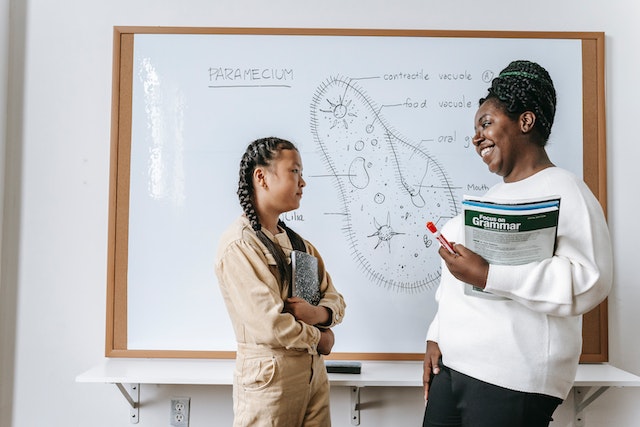We must have heard ‘phrases and sentences’ coming together while we learn something. In today’s concept, let us know what actually phrases are and what are their types.
MEANING
A phrase is a collection of one or more words having meaningful and sensible grammatical units within a clause. A phrase and a sentence are two different concepts. Phrases make sense, but they do not make complete sense.
5 types of phrases:
- Noun Phrase
- Verb Phrase
- Adjective Phrase
- Adverb Phrase
- Prepositional Phrase
NOUN PHRASE:
One noun or a phrase that is created near that noun will be called a Noun phrase.
For example:
- Humans need food to survive.
- Who broke the last cup?
- All citizens with passports can move ahead.
- Animals need to find prey for living.
VERB PHRASE:
We also call verb phrases as verb groups. So do not get confused with the same. A verb phrase contains the main verb along with an auxiliary verb along with modals.
For example:
- We all have been watching movies for a long time.
- He will be returning back to India today.
- It may have been being played.
- I have been busy for quite a while.
ADJECTIVE PHRASE
An adjective phrase can be one adjective or a phrase created near that single adjective.
For example:
- I have a brilliant idea.
- He made a very big deal.
- The teachers were really bored with the game.
ADVERB PHRASE
An adverb is one adverb or a phrase that is created near the single adverb.
For example:
- You can do it later.
- He listened very patiently.
- They reached as soon as possible.
PREPOSITIONAL PHRASE
A prepositional phrase contains a preposition that is followed by its object which is normally a noun phrase.
For example:
- They were talking about property.
- The secret locker was behind a large pile of books.
- They resumed their studies after an unusually big movie.















